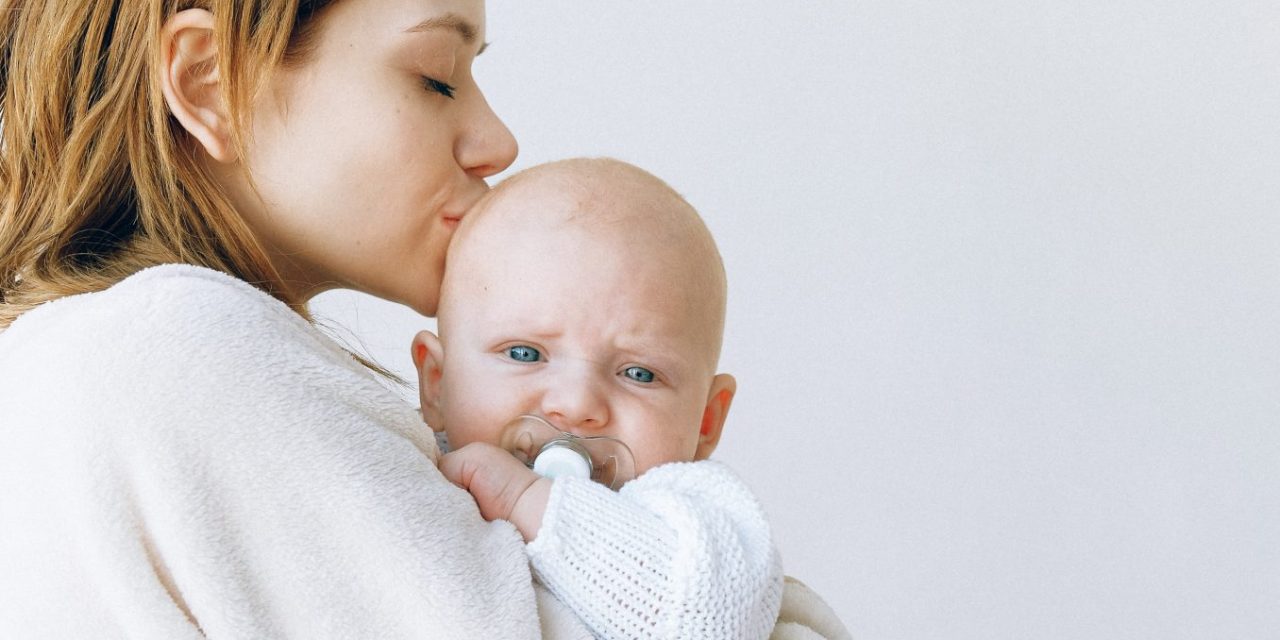So, you’ve finally managed to keep the kids busy, but how are you all doing in between the more manageable moments? Lockdown living is putting a lot of extra pressure on families and it’s easy to feel like life is getting a little out of control.
Toddler tantrums, surly teenagers and crying babies can certainly add to the strains of co-habiting with your nearest and dearest 24/7. Open for Parents provides in depth advice and information to help you support your child in whatever stage of development they are in. We have run through some basic starting points below for all age groups.
Infants
Whether you are a first-time parent or you’ve been here before, coping with a crying baby can be a challenge at the best of times, but even more so when it feels like there is no escape.
Babies start to cry more frequently from around two weeks old, and ICON, has been set up as part of the NHS England COVID19 response to provide you with resources and information on how to cope with a crying child.
ICON stands to help you remember the following helpful points:
I – Infant crying is normal, and it will stop.
C – Comforting methods can help. Are they tired, hungry, or in need of a nappy change?
O – It’s OK to walk away. Give yourself a few moments to breathe.
N – Never, ever, shake a baby.
To comfort your baby, try singing or humming to them softly to sooth them. The skin to skin contact when you hold them is a soothing presence, or you could try giving them a warm bath.
If it safe to do so and easy to maintain social distancing, taking your baby out for your daily walk is also a good way to try to calm them, and yourselves – especially with the increase in lovely sunny days.
Toddlers
Your terrible twos and threenagers are only just learning how to process their emotions. They cope differently to us and this can present in ways that may really test your patience. Much like with infants, this may take the form of crying or throwing tantrums but also may manifest as a change in habits. For instance sleeping or eating patterns, changes in behaviour or increased reliance on habits such as thumb sucking or hair chewing. Remember they may be trying to tell you something they are unable to find words for.
Many of the same techniques apply when it comes to soothing them, but with their increased awareness of the world around them you are also able to talk to and reason with them more, providing valuable opportunities to teach them about what these emotions mean. Speaking to your child calmly, without losing your temper, teaches them that their feelings are valid and that you acknowledge how they are feeling.
Don’t forget those hugs and kisses! As with an infant (and let’s be honest – ourselves as well) sometimes all you really need is a cuddle. Whether the situation is a positive or negative one, showing them that they are loved can help to calm the crying/outburst before you talk to them.
Check out some excellent tips on how to spot and cope with anxiety and stress in toddlers.
Older children and teens
With greater levels of understanding, come greater levels of anxiety and stress. Your older kids are going to have a bit more of an awareness of the concerning things going on in the world around us, on top of the disruption to our lives that these issues are causing. While they may have initially celebrated cancelled school days, the reality and frustration of a less structured lifestyle may have started to hit.
Talk to them about what is going on and ask them about how they are feeling – reassure them that it is very normal for them to be feeling scared or confused about the changes we are encountering. While you may not have all the answers to their questions, talking these things through together might help all of you to feel calmer.
It is important for your family to maintain a routine, but it doesn’t have to be as structured as a ‘normal’ 9am to 3:30pm school day. Try coming up with a schedule that suits you and stick to it. Recurring daily activities and live streams such as PE with Joe can help to create more stability, and are an excellent way to introduce more fun activities.
Like you, they may be missing their friends so co-ordinate with other parents to plan in some video play-dates with their besties or encourage your teens to check in with their mates and have an online gaming session. Top tip: Netflix and Google have released the Netflix Party app on Google Chrome to help make virtual movie nights happen. Simply login, pick a film, share the link and you’ll all be watching in sync.
Grab the popcorn!
But what about you?
As well as keeping the children calm you need to make sure you give yourself the time to relax and recharge. Being tired, hungry or stressed, while not always easy to keep on top of, make it very difficult for you to deal with other people’s emotions.
Moments to yourself may be few and far between, but where you can allow yourself a few minutes to listen to a song that makes you happy, have a quick video call with a friend, or even just take a couple deep breaths. Check out more tips for looking after your own wellbeing in lockdown.
Above all else, be kind to yourself right now, treat yourself with the same amount of patience the little ones require. And remember: You are doing great!




